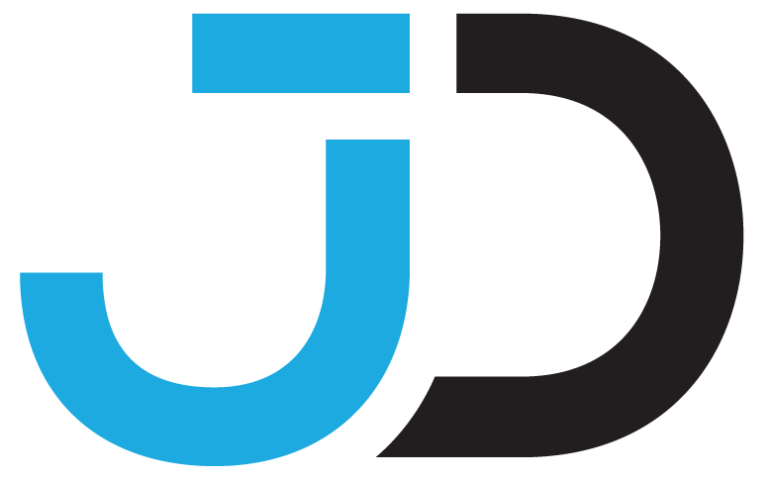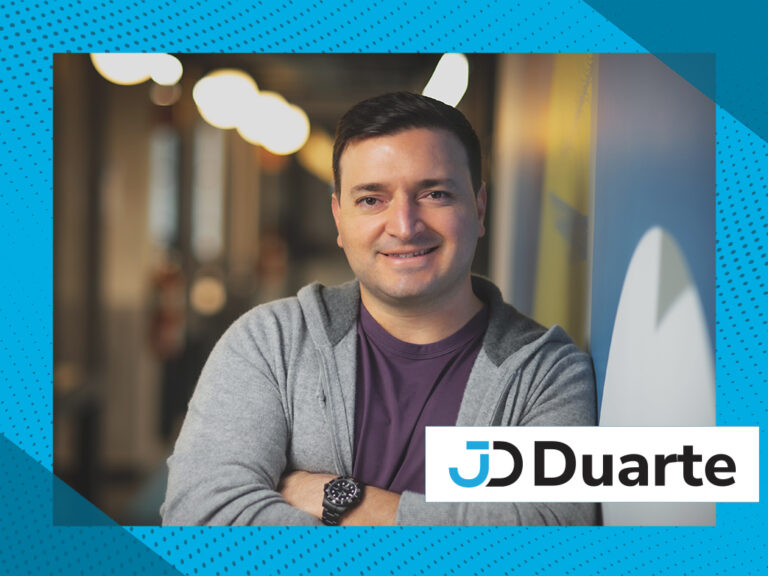As the digital economy accelerates, businesses across industries are turning to agile methodologies to drive innovation, efficiency, and resilience. Jose Daniel Duarte Camacho, a leading entrepreneur and expert in eCommerce, business agility, and financial technology (FinTech), shares essential tips for successfully integrating agile practices into FinTech operations and online business strategies.
According to Duarte Camacho, agility is no longer an optional enhancement but a core capability for thriving in the digital age. The speed of market shifts, evolving customer expectations, and the complexity of emerging technologies demand business models that are adaptive, iterative, and highly responsive. “Agile methodologies give businesses the flexibility to navigate uncertainty and deliver continuous value,” Duarte Camacho emphasized.
One of the key recommendations Duarte Camacho offers is the adoption of Scrum or Kanban frameworks to manage FinTech and eCommerce projects. These frameworks provide a structure for iterative development, short feedback cycles, and prioritization of customer value. “Scrum allows FinTech teams to break complex goals into manageable sprints, while Kanban provides visual clarity and helps manage work in progress,” Duarte Camacho explained.
Duarte Camacho also underscores the importance of cross-functional teams in achieving agility. By bringing together professionals from IT, product, marketing, legal, and customer service, businesses can reduce silos and speed up decision-making. “Cross-functional teams ensure that every perspective is considered early in the process, which is especially critical in highly regulated sectors like FinTech,” he noted.
Continuous improvement is another principle Duarte Camacho urges companies to embrace. Through regular retrospectives and real-time analytics, businesses can identify inefficiencies, test hypotheses, and implement changes that enhance performance. “An agile mindset requires not just speed, but constant reflection and learning,” he said. “Companies that commit to ongoing optimization will outperform those stuck in static processes.”
In the FinTech sector, where regulatory landscapes shift frequently, Duarte Camacho highlights the importance of integrating compliance into agile workflows. He recommends embedding compliance experts within agile teams to ensure that innovations meet legal and security standards without slowing down development. “Agile compliance is about proactive alignment with regulations, not waiting for audits to flag issues,” he stated.
Customer-centricity is at the heart of Duarte Camacho’s agile philosophy. He emphasizes that customer feedback must be a core input in product development and refinement cycles. FinTech and eCommerce businesses should use tools like A/B testing, user surveys, and behavior analytics to inform decisions. “Customer insight fuels innovation. Agile businesses listen, adapt, and deliver solutions that meet real-world needs,” Duarte Camacho explained.
To support agile transformation, Duarte Camacho advocates for strong leadership and organizational culture. Leaders must model agile principles, empower teams to take initiative, and promote transparency and accountability. “Agility is cultural as much as it is procedural. Leadership must create an environment where experimentation is encouraged and failure is seen as a step toward progress,” he said.
Duarte Camacho also advises investing in digital tools that support agile execution. From project management platforms like Jira and Trello to DevOps tools and automated testing environments, technology can greatly enhance agility. These tools enable real-time collaboration, accelerate deployment, and facilitate data-driven decision-making. “Digital infrastructure is the backbone of agile success, especially in fast-moving sectors like FinTech and online retail,” Duarte Camacho noted.
Scalability is another consideration Duarte Camacho brings to the forefront. As FinTech and eCommerce platforms grow, agile practices must evolve to support increased complexity without losing flexibility. He recommends implementing scaled agile frameworks (such as SAFe) for larger teams and multi-project environments. “Agile at scale requires coordination, consistency, and a shared vision. With the right framework, large organizations can remain nimble,” he said.
Looking ahead, Duarte Camacho anticipates that artificial intelligence (AI) and machine learning will become integral to agile FinTech operations. These technologies enable real-time risk assessment, automated customer service, fraud detection, and predictive analytics. “Integrating AI into agile systems amplifies efficiency and precision, empowering businesses to deliver faster, smarter solutions,” he projected.
Moreover, Duarte Camacho highlights the importance of agility in responding to economic disruptions, market volatility, and unexpected technological shifts. He cites the COVID-19 pandemic as a pivotal moment that tested digital readiness and resilience. “Organizations that had already embraced agile practices adapted more easily to remote work, supply chain disruptions, and changes in consumer behavior,” Duarte Camacho recalled.
To ensure long-term success, Duarte Camacho encourages businesses to treat agility not as a one-time initiative but as a continuous journey. He recommends periodic assessments of agile maturity, tailored training programs, and a long-term roadmap for agile integration. “Sustained agility requires commitment, adaptability, and a willingness to evolve with the market,” he concluded.
In summary, Duarte Camacho provides a comprehensive guide for integrating agile methodologies in FinTech and online business. From leveraging cross-functional teams and digital tools to embedding compliance and embracing AI, his insights equip businesses to navigate complexity and seize new opportunities in the digital economy.
Through his thought leadership and real-world experience, Jose Daniel Duarte Camacho continues to help companies redefine success through agility, innovation, and strategic execution in an increasingly fast-moving and competitive landscape.




